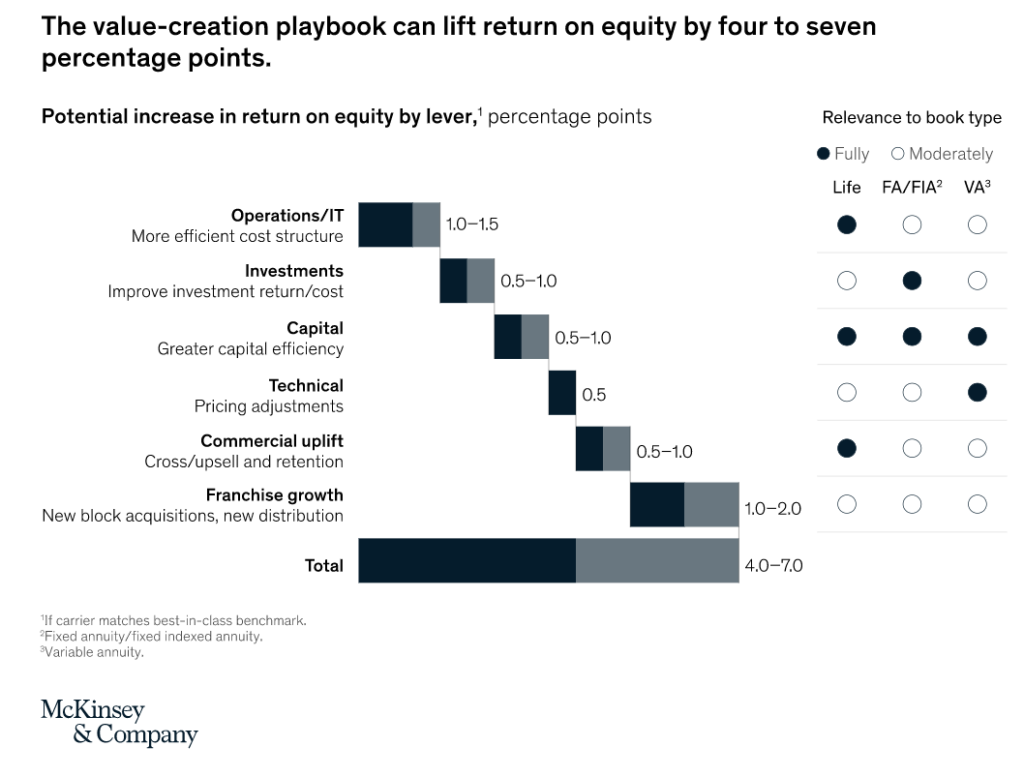Excerpt:
The board set four initial measures for integrating the net zero strategy across the portfolio, with a specific focus on emissions reductions:
- Interim science-based goal. Reduce greenhouse gas emissions across the investment portfolio by 50% by 2030, consistent with the latest findings of the United Nations’ Intergovernmental Panel on Climate Change.
- Systematic decision-making process. Adopt processes to incorporate greenhouse gas emissions into investment decisions as part of traditional risk-and-return analyses and their potential impacts on the CalSTRS Funding Plan.
- Reduced emissions. Target a 20% allocation of the Public Equity portfolio to a low-carbon index to significantly reduce portfolio emissions while managing active risk.
- Integration of climate scenarios. Incorporate future climate-related scenarios into CalSTRS’ asset-liability modeling framework to help guide CalSTRS’ investment allocations.
These actions reflect increasing global momentum toward achieving a net zero economy. CalSTRS will review its net zero goals and strategy annually to adjust for the latest available data, market fluctuations and related scientific advancements.
“CalSTRS’ net zero pledge is rooted in its century-long promise to deliver a secure retirement for California’s hard-working educators and their families,” said Board Chair Harry Keiley. “Taking these interim actions to reduce emissions in our portfolio is a profound step forward and underscores our commitment to considering the impacts of climate change fully and systematically as we manage our fund on every level.”
Author(s): Rebecca Forée
Publication Date: 31 August 2022
Publication Site: Calstrs



